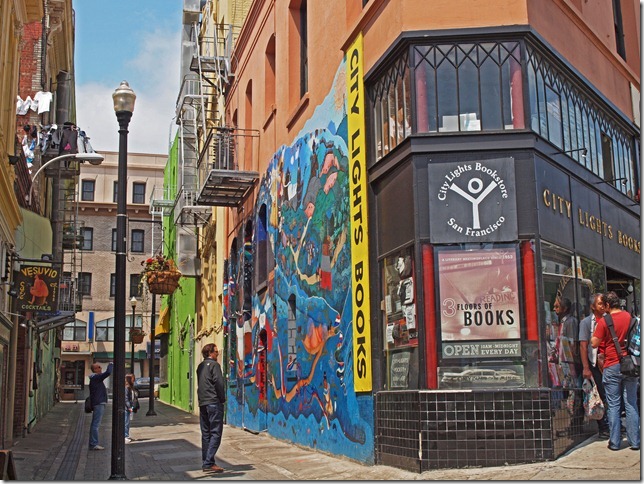|
Bossou Ashadeh
Bossou Ashadeh is a loa, the spirit of the deceased Dahomean king Tegbessou Tegbesu (French: Tegbessou) or Bossa Ahadee was a king of the Kingdom of Dahomey, in present-day Benin, from 1740 until 1774. While not the oldest son of King Agaja (1718-1740), he became king after Agaja's death following a succession struggle w ... in Vodou, especially in Haiti. In his petro manifestation, Bossou is often depicted as a horned bull.Torres, Rafael Agustí. "Loas y Vèvès del Vudú", p. 17 (in Spanish) References Haitian Vodou gods {{Deity-stub ... [...More Info...] [...Related Items...] OR: [Wikipedia] [Google] [Baidu] |
Dahomey
The Kingdom of Dahomey () was a West African kingdom located within present-day Benin that existed from approximately 1600 until 1904. Dahomey developed on the Abomey Plateau amongst the Fon people in the early 17th century and became a regional power in the 18th century by expanding south to conquer key cities like Whydah belonging to the Kingdom of Whydah on the Atlantic coast which granted it unhindered access to the tricontinental triangular trade. For much of the middle 19th century, the Kingdom of Dahomey became a key regional state, after eventually ending tributary status to the Oyo Empire. European visitors extensively documented the kingdom, and it became one of the most familiar African nations to Europeans. The Kingdom of Dahomey was an important regional power that had an organized domestic economy built on conquest and slave labor, significant international trade and diplomatic relations with Europeans, a centralized administration, taxation systems, and an organ ... [...More Info...] [...Related Items...] OR: [Wikipedia] [Google] [Baidu] |
Tegbessou
Tegbesu (French: Tegbessou) or Bossa Ahadee was a king of the Kingdom of Dahomey, in present-day Benin, from 1740 until 1774. While not the oldest son of King Agaja (1718-1740), he became king after Agaja's death following a succession struggle with a brother. Rise to power Oral traditions hold that Tegbesu was the son of Agaja and Hwanjile, a woman reported to have brought ''Vodun'' to the kingdom. King Agaja had significantly expanded the Kingdom of Dahomey during his reign, notably conquering Allada in 1724 and Whydah in 1727. This increased the size of the kingdom and increased both domestic dissent (with the royal aristocrats of both Allada and Whydah opposing Dahomey from fortified islands off the coast) and regional opposition (mainly with semi-regular warfare between Dahomey and the Oyo Empire). According to one oral tradition, as part of the tribute owed by Dahomey to Oyo, Agaja had to give to Oyo one of his sons. The story claims that only Hwanjile of all of Agaja's ... [...More Info...] [...Related Items...] OR: [Wikipedia] [Google] [Baidu] |
Haitian Vodou
Haitian Vodou is an African diasporic religion that developed in Haiti between the 16th and 19th centuries. It arose through a process of syncretism between several traditional religions of West and Central Africa and Roman Catholicism. There is no central authority in control of the religion and much diversity exists among practitioners, who are known as Vodouists, Vodouisants, or Serviteurs. Vodou revolves around spirits known as '' lwa.'' Typically deriving their names and attributes from traditional West and Central African divinities, they are equated with Roman Catholic saints. The lwa divide up into different groups, the ''nanchon'' ("nations"), most notably the Rada and the Petwo. Various myths and stories are told about these lwa, which are regarded as subservient to a transcendent creator deity, Bondye. This theology has been labelled both monotheistic and polytheistic. An initiatory tradition, Vodouists usually meet to venerate the lwa in an ''ounfò'' (temple), run ... [...More Info...] [...Related Items...] OR: [Wikipedia] [Google] [Baidu] |
Haiti
Haiti (; ht, Ayiti ; French: ), officially the Republic of Haiti (); ) and formerly known as Hayti, is a country located on the island of Hispaniola in the Greater Antilles archipelago of the Caribbean Sea, east of Cuba and Jamaica, and south of The Bahamas and the Turks and Caicos Islands. It occupies the western three-eighths of the island which it shares with the Dominican Republic. To its south-west lies the small Navassa Island, which is claimed by Haiti but is disputed as a United States territory under federal administration."Haiti" ''Encyclopædia Britannica''. Haiti is in size, the third largest country in the Caribbean by area, and has an estimated population of 11.4 million, making it the most populous country in the Caribb ... [...More Info...] [...Related Items...] OR: [Wikipedia] [Google] [Baidu] |
City Lights Bookstore
City Lights is an independent bookstore-publisher combination in San Francisco, California, that specializes in world literature, the arts, and progressive politics. It also houses the nonprofit City Lights Foundation, which publishes selected titles related to San Francisco culture. It was founded in 1953 by poet Lawrence Ferlinghetti and Peter D. Martin (who left two years later). Both the store and the publishers became widely known following the obscenity trial of Ferlinghetti for publishing Allen Ginsberg's influential collection ''Howl and Other Poems'' (City Lights, 1956). Nancy Peters started working there in 1971 and retired as executive director in 2007. In 2001, City Lights was made an official historic landmark. City Lights is located at 261 Columbus Avenue. While formally located in Chinatown, it self-identifies as part of immediately adjacent North Beach. History Founding and early years City Lights was the inspiration of Peter D. Martin, who relocated from New Yor ... [...More Info...] [...Related Items...] OR: [Wikipedia] [Google] [Baidu] |


